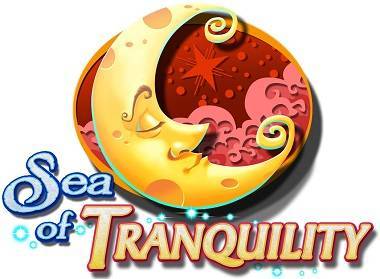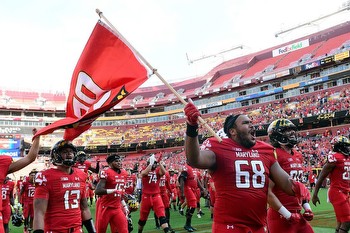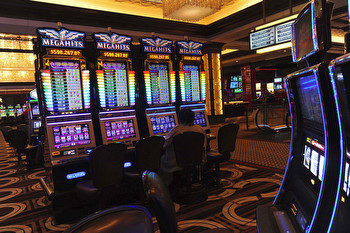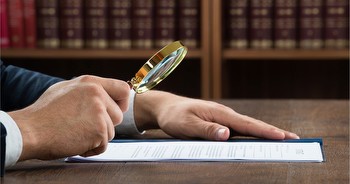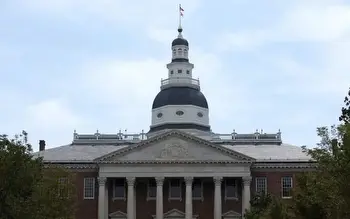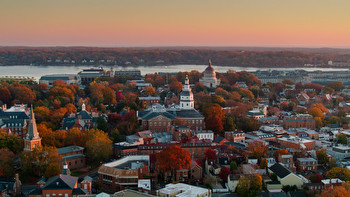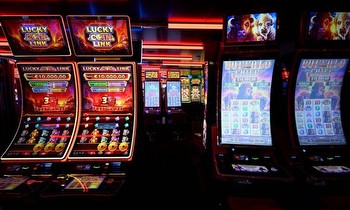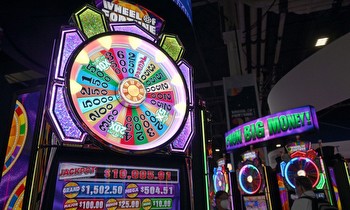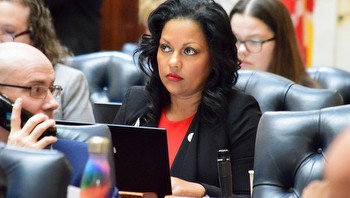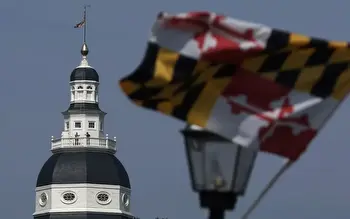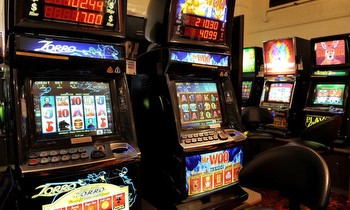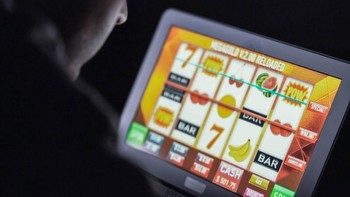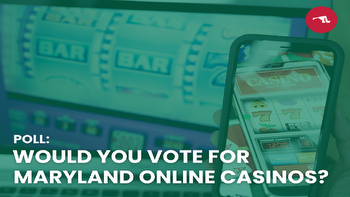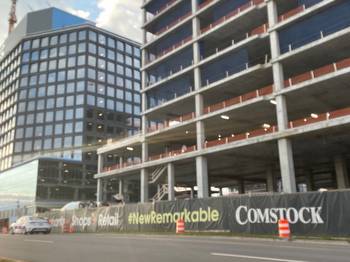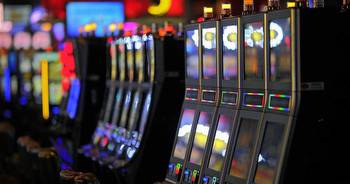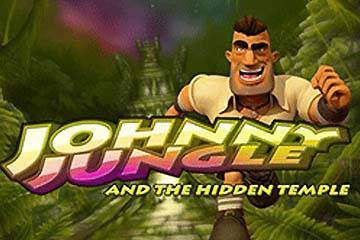Online casino bill headed to Maryland Senate
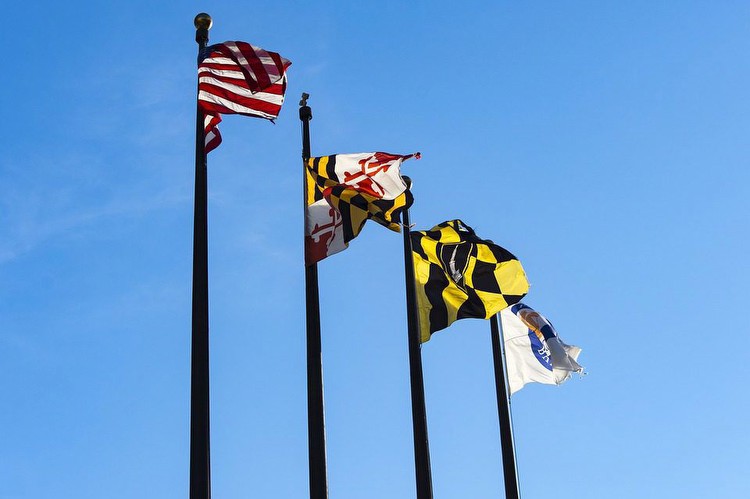
Promising a "highly, highly regulated industry" and pushing an amended online casino bill, Maryland Rep. Vanessa Atterbeary saw her HB 1319 on 16 March move out of the House and head to the Senate.
Two days before the crossover deadline – on a Saturday – the House voted 92-43 to pass a bill that would send the decision about whether or not to legalise icasino to the voters in November.
The Senate now has less than a month to pass the bill. The general assembly is set to adjourn April 8. On 15 March House leadership revealed a $1.3bn (£1.2bn/€1.3bn) budget plan that relies on tax revenue from legal internet gambling to fund future education and transportation costs, according to the Associated Press.
All eyes in the industry have been on Maryland. Many believe the state has the best shot at passing an online casino bill this year. The only other state still considering legalising is Maine. At the start of the legislative season, there was hope that several states – including Illinois and New York – would legalise.
Lawmakers and stakeholders have found it difficult to pass such bills this session and in the past. These regions range from lack of education about exactly what “online gaming” is to the idea that regional players believe they won’t benefit.
As Maryland’s online casino bill made its way through the House, it went through myriad changes. The industry will see some of these as negatives, meaning it will lobby against the changes as the bill travels through the Senate.
Online casino bill has three levels of licensing
By the time HB 1319 reached third reading 16 March, Atterbeary had added an amendment that would increase the number of available licences. The amendment also banned the use of credit cards to fund accounts and added guidelines around diversity, equity, and inclusion.
The bill calls for a minimum tax rate of 55% on electronic games. Tax rates in the seven legal states range from 18-57%. Live-dealer games would be taxed at 20%.
Operators would pay an initial $1m fee for a five-year licence, with a renewal equal to 1% of average annual profit for the preceding three years. Tax revenue would be earmarked for the Blueprint for Maryland’s Future. This includes sending some money to counties that host brick-and-mortar casinos, horse racetracks, and small, minority, and women-owned businesses.
One percent of taxes collected would go to problem and responsible gambling programs.
The bill sets up three levels of licensing, and “social equity partners” play a key role in the structure. Social equity partners are primarily defined as people or groups of people who live or lived in an “economically disadvantaged area” for at least five of the last 10 years.
Such people also must either have attended a public school in an economically disadvantaged area for at least five years. They also must have completed at least two years at a four-year Maryland college where a minimum of 40% of students were eligible for Pell Grants, or have a personal net worth below a standard to be set by the lottery commission, which will be the regulator.
Who could apply for a licence?
The state’s six existing casinos can apply for online gambling licences, but must be at least 5% owned (directly or indirectly, according to the bill) by a social equity partner. A casino can get a second, and in some cases, third licence if at least 33% owned by a social equity partner.
Seven “Class B” licences are also available to the four OTBs and two bingo halls that are already licensed for online sports betting. This is in addition to the Black-owned media company Urban One.
Finally, at least five, and up to 18 stand-alone digital gambling licences would be available through a competitive bid process. The first round of bidding would be reserved for social equity applicants.
When lawmakers legalised online sports betting in 2020, regulators implemented the most stringent minority-related participation guidelines in the US. This slowed the regulatory process. The lottery needed two years to be able to promulgate rules and for operators to meet the standards. That timeline made Maryland one of the slowest US jurisdictions to get from legal to live online.
Only Arkansas and Puerto Rico took longer. It takes the average regulator about six months to get a new market online.
On 16 March, five additional amendments were offered, but the only one that passed deals with live dealers and unionization. Among the failed amendments:
- Requiring that a consumer fund an account in person
- Requiring two-factor identification every time a player logs into an account
- Capping individual bets at $5 and capping consumers at betting $100 in one 24-hour period.
Regardless of what is in the online casino bill, some remain opposed. WJZ News reported last week that casino-worker labor unions and Republican lawmakers gathered late last week in opposition due to fear of lost jobs.







